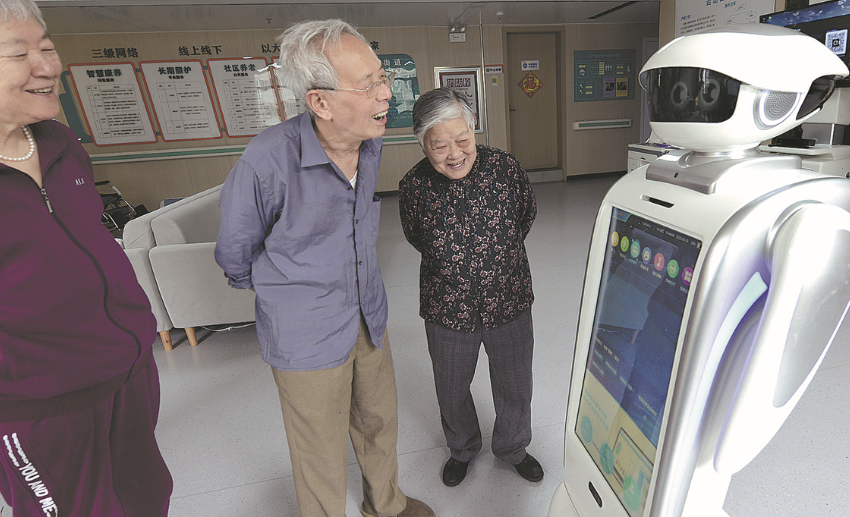
The Impact of Artificial Intelligence on Society
In recent years, artificial intelligence has advanced rapidly, gradually reshaping social structures and everyday life. While AI offers enormous benefits, it also brings significant impacts—especially in employment and safety.
AI can replace many traditional roles and enable automated production, particularly for repetitive, assembly-line tasks such as customer service and factory work. These jobs employ many ordinary people, especially in the service and manufacturing sectors. AI can lower labor costs, reduce human error, simplify management, and improve efficiency—but it also exposes many workers to the risk of unemployment. For individuals, losing a job can destabilize an entire family. At the higher-skill end, AI’s large databases and faster, more advanced algorithms not only displace some roles but also create new ones, with many people now working directly in AI-related fields and forming new professional ecosystems.
AI’s development also raises safety concerns. Take self-driving cars: they bring convenience, but if a system failure causes an accident, who is responsible? Algorithms make mistakes, and on questions involving morality and ethics, AI cannot fully reason at that level—it is based on data, not emotion. The large data demands of AI require continual collection and extraction, which can infringe personal privacy if not handled properly. For example, AI-generated images often remix existing artworks; whether this constitutes plagiarism remains a matter of debate.
AI’s rapid growth brings great convenience but also many difficulties and challenges. Alongside progress come real risks. We should not over-rely on AI; we should treat it as a tool, not a crutch. Governments need to craft sensible laws and oversight to set boundaries, strengthen regulation, protect people’s privacy, and foster a healthier society.
Jiani Wang


 Posted in
Posted in 


